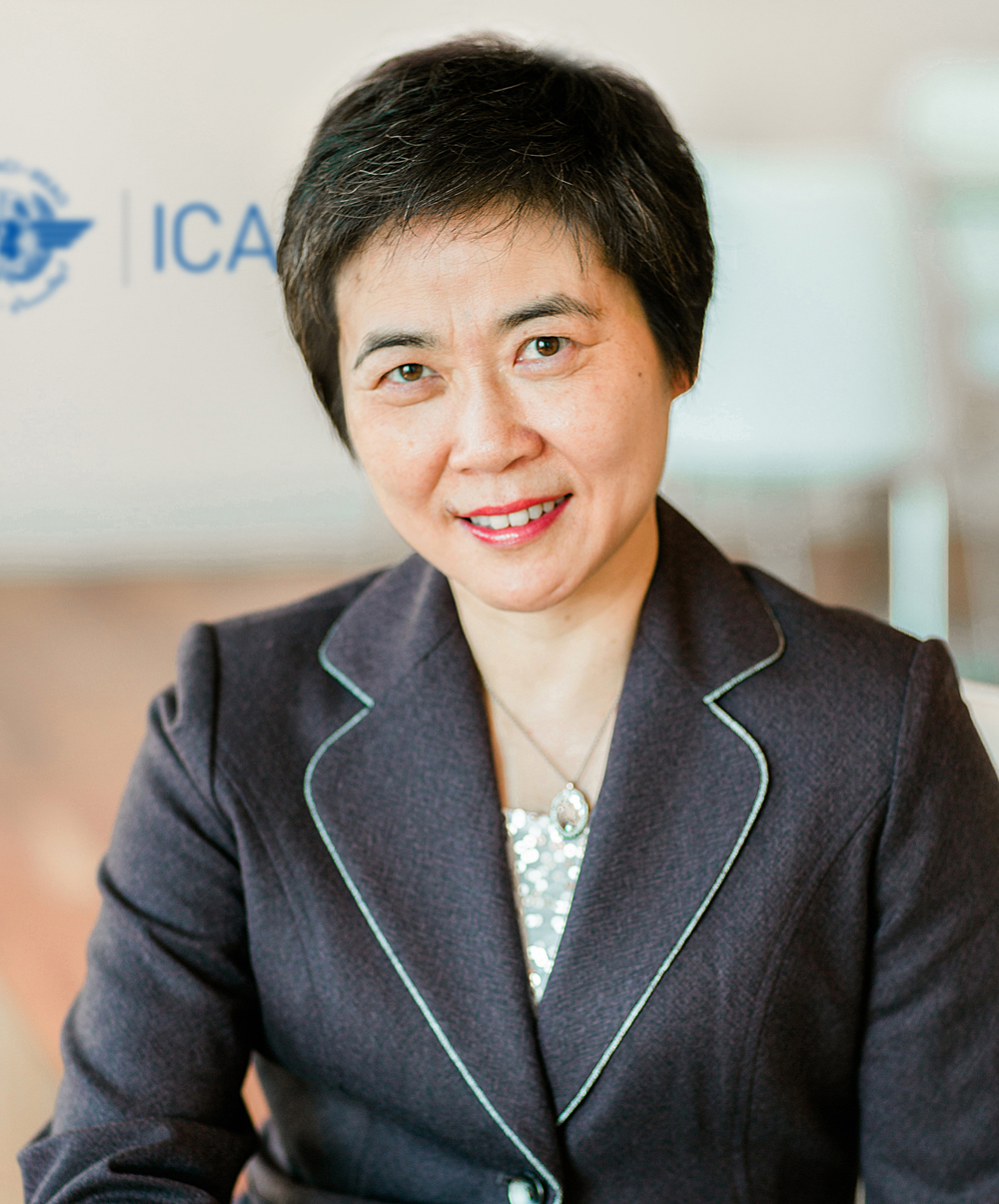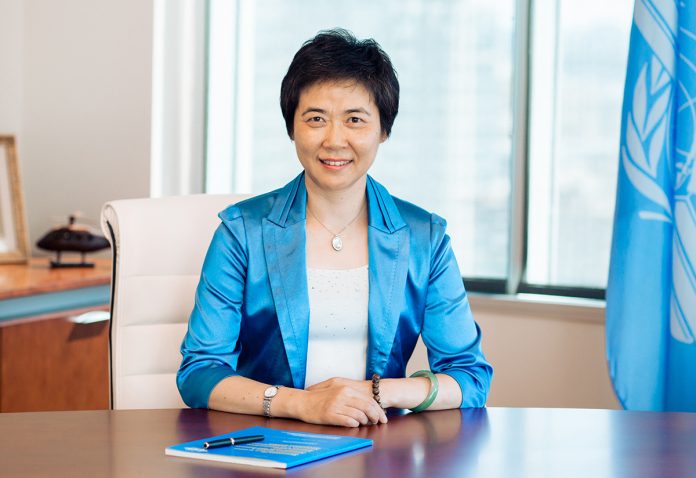Dr. Fang Liu, Secretary-General of the International Civil Aviation Organization, explores how international aviation contributes to Agenda 2030 by empowering local sustainable development through global connections
Every 24 hours, some 10 million global travellers are being carried around the world on just over 100,000 flights.
Commercial aircraft also carry over half of the world’s 1.4 billion tourists to their destinations annually and many readers may be surprised to learn that these numbers are all presently forecast to double in just 15 years’ time.
With the importance of aviation connections to local economic vitality and prosperity becoming much better appreciated, most especially in the context of the 17 UN Sustainable Development Goals (SDGs) adopted under Agenda 2030, it’s critical that governments continue to work through ICAO today to ensure that future air transport growth is effectively managed and that air services expand sustainably and equitably.
ICAO Compliance: A key enabler of sustainable development
To help assure this, the United Nations agency for civil aviation, ICAO, has been continuing to help States cooperate on the basis of more than 12,000 standards for global air transport adopted under the Convention on International Civil Aviation (Chicago Convention).
These ICAO provisions serve as an important foundation upon which governments can develop their local aviation infrastructure, operations and other capacities, consistent with other States’ expectations and the existing global alignment of our network.
This greatly aids governments related ambitions to leverage, on behalf of their local citizens and businesses and the sustainable future of their civil societies, the distinct socio-economic benefits which derive from global aviation connectivity.
Today those benefits generate many positive impacts for the global economy, with our sector, directly and indirectly, employing some 63.5 million people, contributing over 2.7 trillion dollars annually to global GDP and moving over 3.8 billion passengers and one-third of world freight by value each year.
The challenges of modernising a dynamic transport sector
When we talk about effectively managing the forecast growth in air transport, our sector is focused most intently on improving upon our current metrics for ICAO Strategic Objectives such as aviation safety, security and capacity/efficiency.
Some have likened this challenge to try to repair an automobile while it’s still moving, and the task is further intensified by the fact that global aviation governance is so consensus-based. Forging common ground is never simple, but it’s especially complex when you’re serving 192 Member States characterised by greatly varying civil aviation and socio-economic needs.
ICAO, States and industry groups focus on capacity and efficiency in aviation because the speed by which modern commercial aircraft can move passengers and freight globally is the core value offering of international air transport.
Safety and security provisions complement this essential rapid transit attribute, establishing an overall foundation of speed, breadth, confidence and dependability which no other form of transport can equal.
ICAO also places a determined focus on the sustainability of our sector, as represented by our additional Strategic Objectives for the economic development and environmental performance of civil aviation.
Environmental goals and challenges are especially urgent today given the current global context and we have been grateful for our States’ leadership in helping our sector to achieve some key world firsts, whether in terms of new aircraft CO2 emissions standards or the landmark international emissions offsetting solution represented by our recent CORSIA agreement.
The pressing need for globally-coordinated aviation development
One thing we know for certain is that our network needs both new and modernised infrastructure established, especially if we’re to manage future growth while still improving upon our sector’s admirable safety and security results.
To help address these issues, whether, through our ICAO World Aviation Forums or other events and missions we undertake, ICAO is expanding global awareness at the highest levels on aviation’s unique ability to connect cities and countries to the world.
We are stressing to ministers and state planners everywhere that, to optimise aviation’s significant socio-economic benefits, their aviation infrastructure and related development needs should be incorporated into their national development plans and strategies.
We also, of course, wish to engender higher levels of investment for the large-scale air transport infrastructure modernisation now needed, whether in developed or developing States. To that end, our World Aviation Forums are essentially designed to forge new partnerships among aviation, finance, donor and development communities and to help our Member States realise business plans consistent with investor expectations for transparency and accountability.
Our expectation is that this work will foster sustainable economic growth for governments which make the necessary commitments and follow through successfully on both their projects and investments.
This, in turn, will greatly expand local access to foreign markets and producers, amplifying business opportunities and engendering more dependable and positive employment and tax base impacts, permitting further staged growth.
And another important piece of this puzzle will be the numbers of skilled young men and women available to operate our technologically, logistically and politically complex global network.
Just this year we hosted our first Global Summit for Next Generation Aviation Professionals and initiated an ICAO Gender Equality Programme, both of which help to address our future aviation workforce and human development challenges in league with ICAO’s Global Aviation Training office.
Aviation is now poised to usher in a 21st-century air transport network which will serve as a key enabler of local economic vitality and sustainable development by optimising global connections. This role is directly consistent with the convention which established us and a testament to the vision of its drafters.
Dr. Fang Liu

Secretary-General
International Civil Aviation Organization (ICAO)
Tel: +1 514 954 8219
Twitter: @icaoFangLIU











